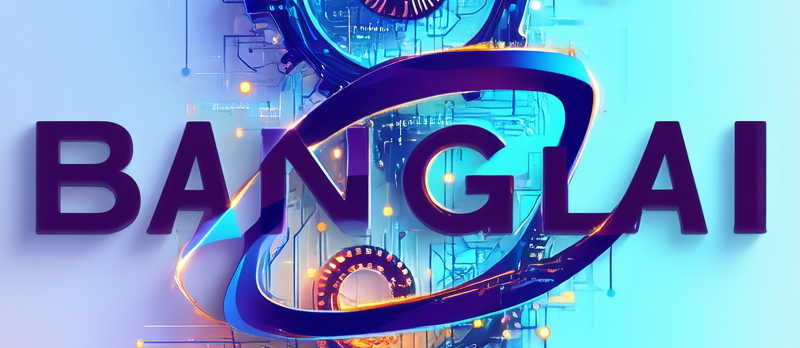Harnessing AI Automation for Business Efficiency
In the realm of business and technology, AI automation stands as a transformative force. This article delves into the intricate world of AI-driven automation, where machines interpret, decide, and act with minimal human intervention, reshaping industries and redefining productivity.
The Age of Agentic AI
The evolution of AI from basic robotic process automation (RPA) to Agentic AI marks a pivotal shift in business efficiency mechanisms. Agentic AI diverges from the traditional task-specific algorithms, steering towards systems capable of making autonomous decisions based on complex data analyses. This leap is powered by a blend of AI disciplines—natural language processing (NLP), machine learning (ML), and computer vision—all working in harmony. For instance, ML models, by learning from vast datasets, allow these systems to refine their decision-making processes over time, minimizing human input. NLP, on the other hand, enables them to understand and generate human-like text, making them invaluable in tasks like customer service. Computer vision equips them to interpret and act upon visual data, broadening their application scope to fields like quality inspection in manufacturing.
These technologies underpin the development of intelligent agents within web browsers, enhancing user experience through personalized content filtering and efficient information retrieval. The tangible impact of Agentic AI in business settings is further illustrated by MIT’s examination of enterprise generative-AI pilots, which spotlight the efficiency gains from deploying such advanced AI systems.
Moreover, companies like Yellow.ai are showcasing the potential of Agentic AI in revolutionizing customer service. By leveraging AI to automate and personalize customer interactions across languages and channels, they illustrate a future where businesses can deliver superior customer experiences, significantly reduce operational costs, and enable human employees to focus on more complex, value-adding activities. This multifaceted approach to AI automation signifies a leap towards a more agile, intelligent, and efficient future for industries worldwide.
Conclusions
AI automation through agentic AI represents a monumental leap in the ability of machines to perform autonomously in complex environments. The article highlights the significance of continuous learning and advanced AI techniques that enable businesses to streamline operations. AI’s increasing role across various industries signals a shift toward intelligent, adaptive systems that drive future innovation and efficiency.




